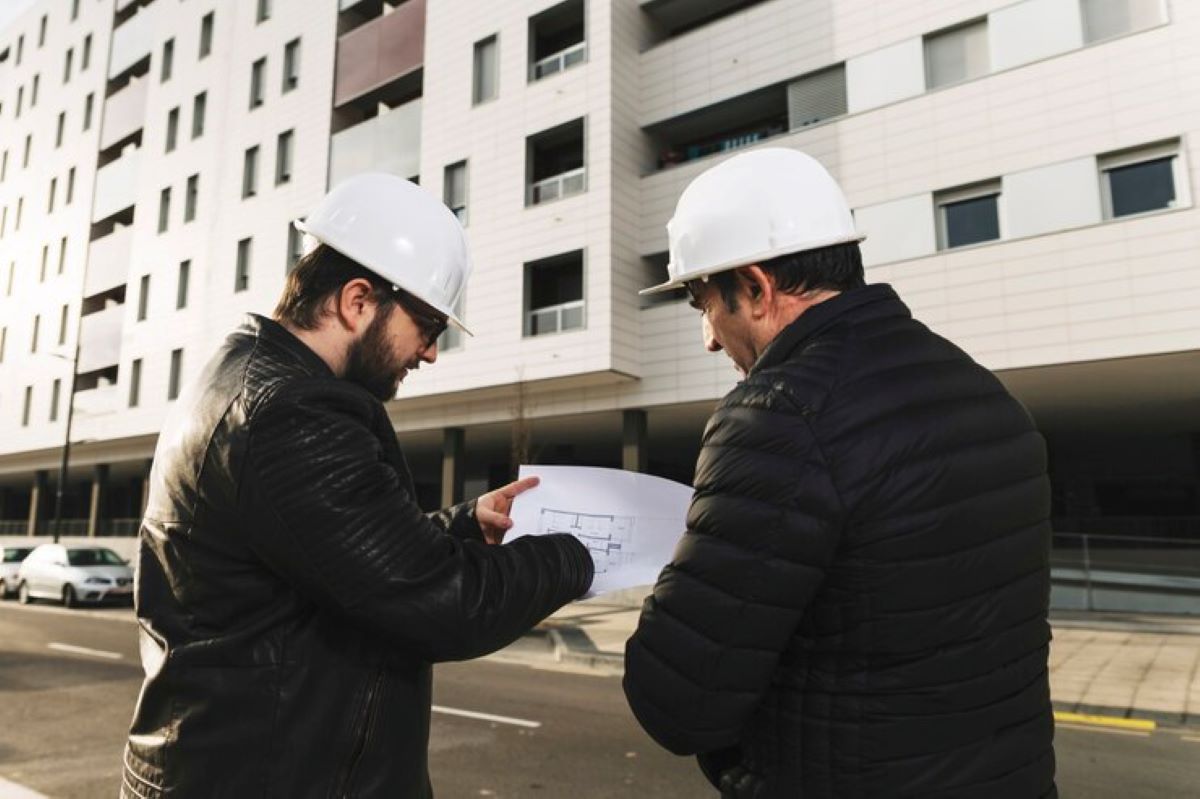A site surveyor plays a crucial role in the planning and execution of construction projects. This profession involves various tasks, including determining property boundaries, providing elevation data, and creating precise maps and plans. Understanding what a site surveyor does and why hiring a qualified one is essential is vital for anyone involved in real estate, construction, or land use.
Understanding the Role of a Site Surveyor
A site surveyor is essentially a land surveying professional who is tasked with measuring and mapping the physical features of a property. They collect data pertaining to the land’s natural and man-made features, which form the basis for various development projects. The role of a site surveyor is multifaceted, encompassing a range of activities that require technical knowledge and expertise.
One of the primary responsibilities of a site surveyor is to establish legal property boundaries. This involves examining historical records, using modern surveying tools, and sometimes conducting interviews with property owners or local officials. Proper boundary delineation is crucial for avoiding disputes and ensuring compliance with local laws and regulations. Furthermore, site surveyors also work closely with architects and engineers to provide necessary data for the design and construction phases.
The Importance of Accurate Measurements
Accurate measurements are foundational for every successful construction project. Site surveyors use advanced technology, such as GPS and laser scanning, to ensure precise data collection. This technology not only increases efficiency but also minimizes the risks of errors that can lead to costly mistakes down the line. For example, an incorrect measurement can result in structural issues, zoning violations, or even legal disputes.
In addition to physical dimensions, site surveyors evaluate the topography of a site, which includes its slopes, vegetation, and drainage patterns. Understanding the site’s natural characteristics is crucial for planning appropriate construction methods and predicting how water will flow across the land. This aspect of surveying can significantly affect the project’s overall design and resilience to environmental factors. Moreover, site surveyors often conduct environmental assessments to identify any potential impacts on local ecosystems, ensuring that construction practices align with sustainable development goals.
Legal and Regulatory Compliance
Compliance with local zoning laws and regulations is another critical aspect of a site surveyor’s work. Different regions have varying requirements regarding land use, project setbacks, and building heights. A qualified site surveyor will ensure that the proposed project aligns with these regulations to avoid potential fines, rejections, or legal challenges. They often prepare reports that detail their findings and recommendations, which serve as essential documentation for securing necessary permits.
Moreover, a thorough site survey is often a prerequisite for obtaining financing or insurance for a construction project. Investors and insurance companies typically require detailed surveys to assess the property’s value and risk level. Thus, the role of a site surveyor is not only crucial during the planning stage but also plays a significant part in the overall financial viability of a project. Additionally, site surveyors may engage in post-construction surveys to verify that the completed work adheres to the initial plans and specifications, providing an extra layer of assurance for stakeholders involved in the project.
Why You Need a Site Surveyor
Hiring a site surveyor should be considered an investment rather than just an additional cost in a construction project. Their expertise can save time, money, and effort by providing clarity and guidance from the outset. Below are several reasons that highlight the necessity of engaging a professional site surveyor.
Preventing Costly Errors
One of the most significant benefits of hiring a site surveyor is their ability to prevent costly errors that can undermine a project. As previously mentioned, incorrect measurements or misinterpretations of land features can lead to structural problems that are difficult to resolve later. By implementing accurate surveys from the beginning, project managers can avoid expensive delays and redesigns later on.
Additionally, the expertise of a site surveyor can help identify potential issues before ground breaks. For example, they might discover soil instability or flooding risks that could affect construction. Identifying such problems early allows for mitigation strategies to be developed, ensuring a smoother and more successful project continuum. Furthermore, a site surveyor can assess environmental factors, such as nearby ecosystems or protected areas, which may impose additional restrictions or require special considerations during construction. This comprehensive evaluation not only protects the integrity of the project but also promotes sustainability and compliance with environmental regulations.

Streamlining the Approval Process
The process of obtaining the necessary permits and approvals can often be daunting and time-consuming. A site surveyor can streamline this process by providing accurate and detailed surveys that comply with local regulations. They are often familiar with the procedures and requirements of local regulatory bodies, allowing for faster submission and approval timelines.
This expertise not only ensures adherence to local laws but also builds credibility with local authorities. A well-prepared survey presented by a professional site surveyor can expedite the entire approval process, enabling construction to commence sooner than anticipated. Moreover, site surveyors often maintain relationships with key stakeholders in the permitting process, which can further facilitate communication and negotiation. Their ability to navigate the complexities of zoning laws, land use regulations, and property boundaries can significantly reduce the risk of legal disputes or project delays, allowing for a more efficient path to project completion.
See Also : Contour Survey Explained: How It Helps with Land Development
Conclusion
In conclusion, the role of a site surveyor is paramount to the success of any construction or development project. By providing accurate measurements, ensuring legal compliance, and identifying risks upfront, a site surveyor safeguards both the financial and structural integrity of a project. For anyone looking to embark on a land development journey, understanding the value of a site surveyor can lead to better informed, more effective decision-making. When it comes to real estate and construction, the contributions of site surveyors are invaluable, making their hiring not just a necessity, but a crucial step toward success.

